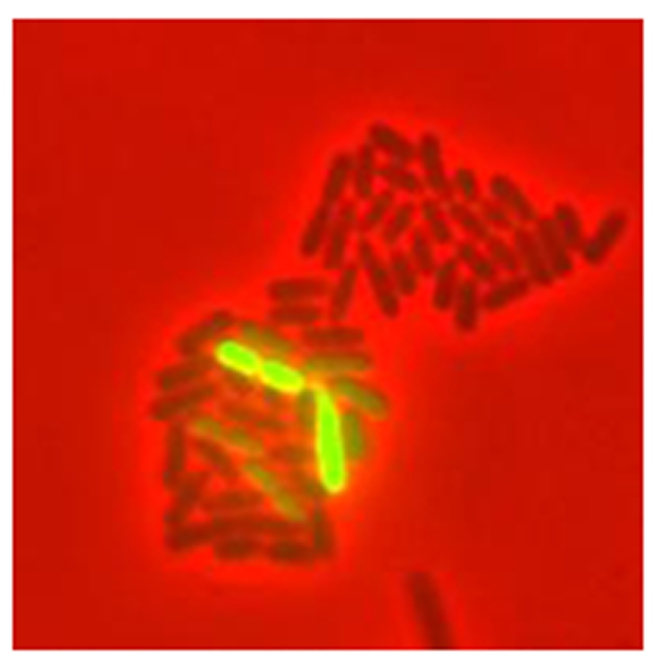
Biomedical Engineering Professor Cheemeng Tan Receives NIH Grant to Engineer Synthetic Bacteria for Translational Clinical Medicine
Quick Summary
- Biomedical Engineering Professor Cheemeng Tan Receives NIH Grant to Engineer Synthetic Bacteria For Translational Clinical Medicine
- These bacteria will be safe, controllable, and highly programmable

Unlike the dinosaurs in Jurassic Park, the synthetic bacteria in Cheemeng Tan’s lab will not find a way to replicate. As he explains, ‘We will modify our synthetic bacteria using a method that turns them into controllable living micromachines.’ That means clinicians will be able to administer them in a controlled way for medical applications, including delivering medicine within the body, CRISPR-Cas gene editing, killing cancer cells, and administering probiotics and oral vaccines.
He recently received a $1.9 million, 5-year grant from National Institute of Health MIRA (Maximizing Investigators' Research Award). The fund will support Tan’s research in understanding the structure and function of these synthetic bacteria. He will bring his background in synthetic gene expression, bacterial information processing, and computational biology to the table.

The researchers in Tan’s lab chose to control synthetic bacteria from the ground up, building them one component at a time, like Lego blocks, as they say. ‘Synthetic bacteria are typically enhanced with recombinant DNA and synthetic materials for higher activities, new functions, and higher therapeutic effects than living commensal bacteria,’ Luis E. Contreras-Llano, a graduate student in the lab and main researcher working in the project, explains.
Furthermore, these synthetic bacteria will not live forever in the human body. ‘We will program the activity duration of the synthetic bacteria because most people do not want therapeutic living cells to work inside them forever,’ says Contreras-Llano. ‘We also expect the synthetic bacteria to be more robust than natural bacteria’.
When asked if he felt supported in this research through UC Davis, Tan said, ‘Absolutely!’ He is grateful for the support from the Department of Biomedical Engineering, the College of Engineering, and the Chancellor’s Fellows Program. ‘The support will allow us to expand the scope of our research and to establish new collaborations. We are already working with multiple collaborators to translate our technology for clinical applications,’ he said.
